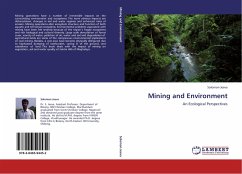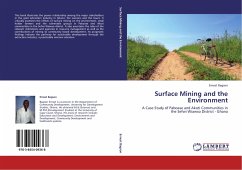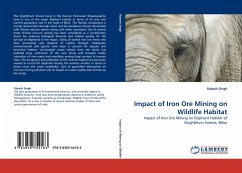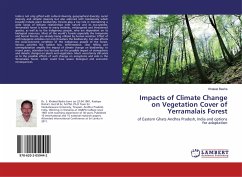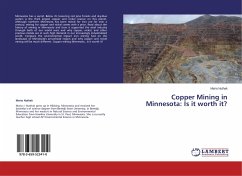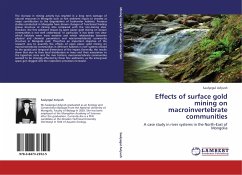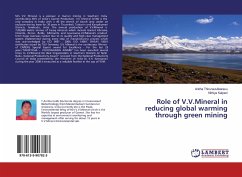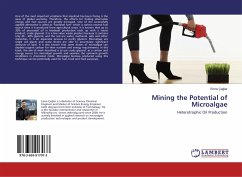Mining operations have a number of irreversible impacts on the surrounding environment and ecosystems. The more obvious impacts are deforestation, changes in soil and water regimes and enhanced rates of erosion. Mining operations alter ecosystem structure and function of both aquatic and terrestrial ecosystems. Environmental problems associated with mining have been felt severely because of the region s fragile ecosystems and rich biological and cultural diversity. Large scale denudation of forest cover, scarcity of water, pollution of air, water and soil and degradation of agricultural lands are some of the conspicuous environmental implications of coal mining. Besides, a vast area have become physically disfigured due to haphazard dumping of overburden, caving in of the ground, and subsidence of land. This book deals with the impact of mining on vegetation, soil and water quality of Jaintia Hills of Meghalaya.

